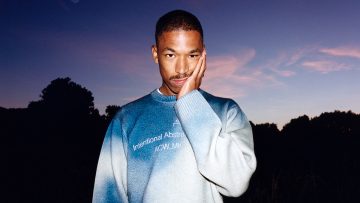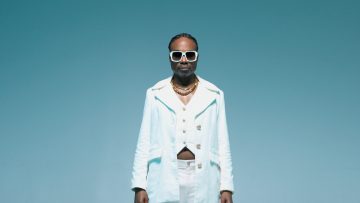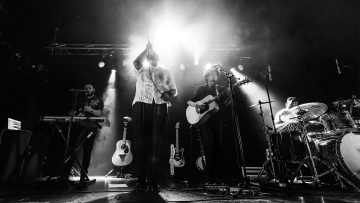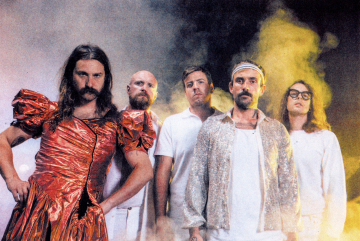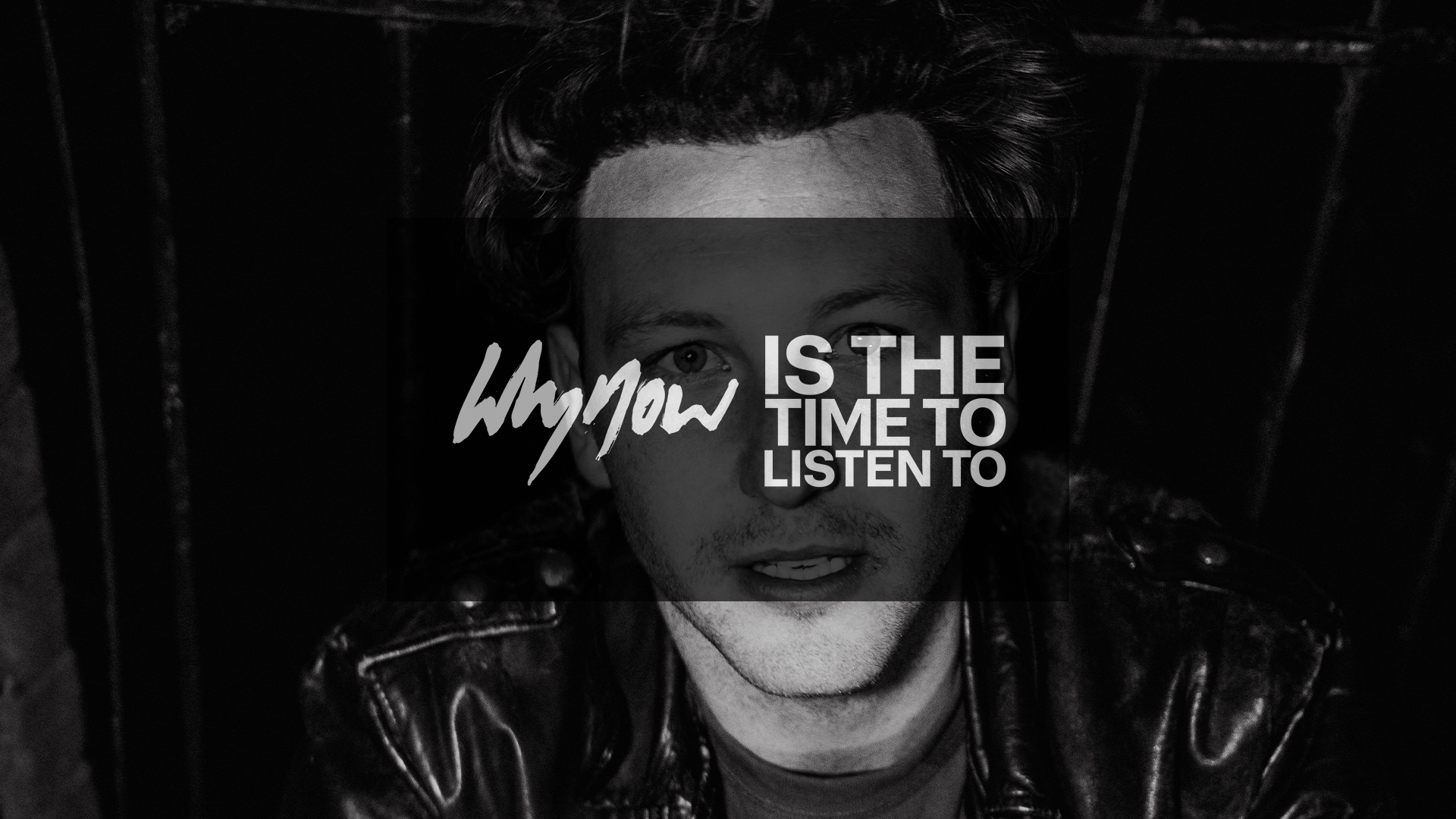
Far from being released in-line with a hot topic, this new track derives from a genuine struggle Harry has faced as an artist; one who’s busked for five years (and who’s been robbed at knifepoint on several occasions).
Not that any of that gets him down. In fact, with a new “fucking great” album’s-worth of tunes in the works – all of which pass what him and his team label ‘the restaurant test’ – we spoke to Harry as part of our series on emerging artists.
Harry, your track ‘Cost of Living’ is out now. As we like to ask here: why now?
It’s a funny one. As an Australian, one of the things that took me back about the UK was the class system and getting snubbed by posh Londoners. I’ve always had a bit of angst towards it and the fact you can be born into a level of privilege.
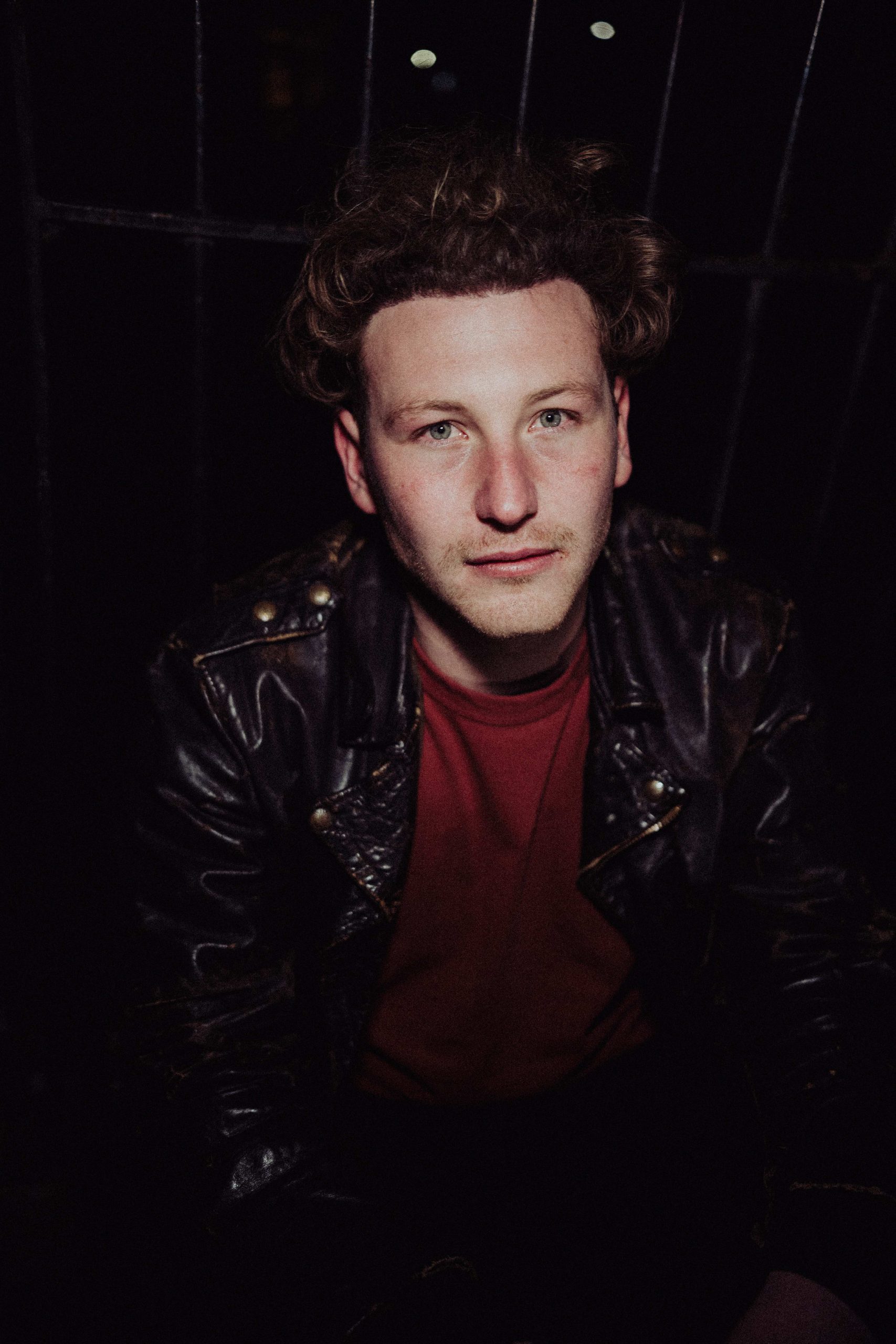
Then COVID happened, and then the cost-of-living crisis hit, and I realised the worst part of that is the politicians just don’t care about the working class; they keep convincing the working class that they have their best interests at heart, but then nurses are using food banks and are fighting for a pay-raise so they don’t have to.
The government says, ‘We can’t find any money to give them’, and then give PPE contracts worth billions of pounds to their buddies. So I think the cost-of-living crisis perfectly exemplifies how it’s not getting any better, and [the government] aren’t doing anything. So it’s a very angry song about the current state of things.
Was there a particular moment that struck you when you decided to write the track? Or was this written in a kind of rage over a longer period?
I’ve always wanted to do a punk song. I love the energy of punk music, but I find that a lot of the punk music coming out of Australia right now is not doing what punk was originally for, which was writing about political issues.
I was writing songs with the producer [Chad Schlosser]. I think we started with a simple line, but then because he’s American, he didn’t really understand what I was talking about, so he just gave me the pen and I think it all just spewed out of me in about 30 minutes.
The song hangs a lot around the line “the cost of living shouldn’t cost you living”. What do you mean by that exactly?
The whole point of that line is because the other thing I’ve been seeing a lot of is I was watching daytime TV on the BBC, for instance; there was this happy-go-lucky music, and the show was asking, ‘How can Sarah save money in the cost-of-living crisis? Sarah has turned down her flat’s heater, and double-stuffed her duvets and sleeping bags for her six-year-old kid, and she saved XYZ pounds a month’. That’s just propaganda. They’re talking about turning off the heating in the middle of winter, and she’s got a six year old, when the problem is a lot more systemic than that.
It’s this idea that if everyday people are struggling, they don’t have the right to enjoy things in life, like eating at a restaurant or going to the pub for a couple of beers to escape the reality of everyday life. They deserve a life as well; their lives shouldn’t be going to work, coming home, eating bread and beans, and then going back to work.
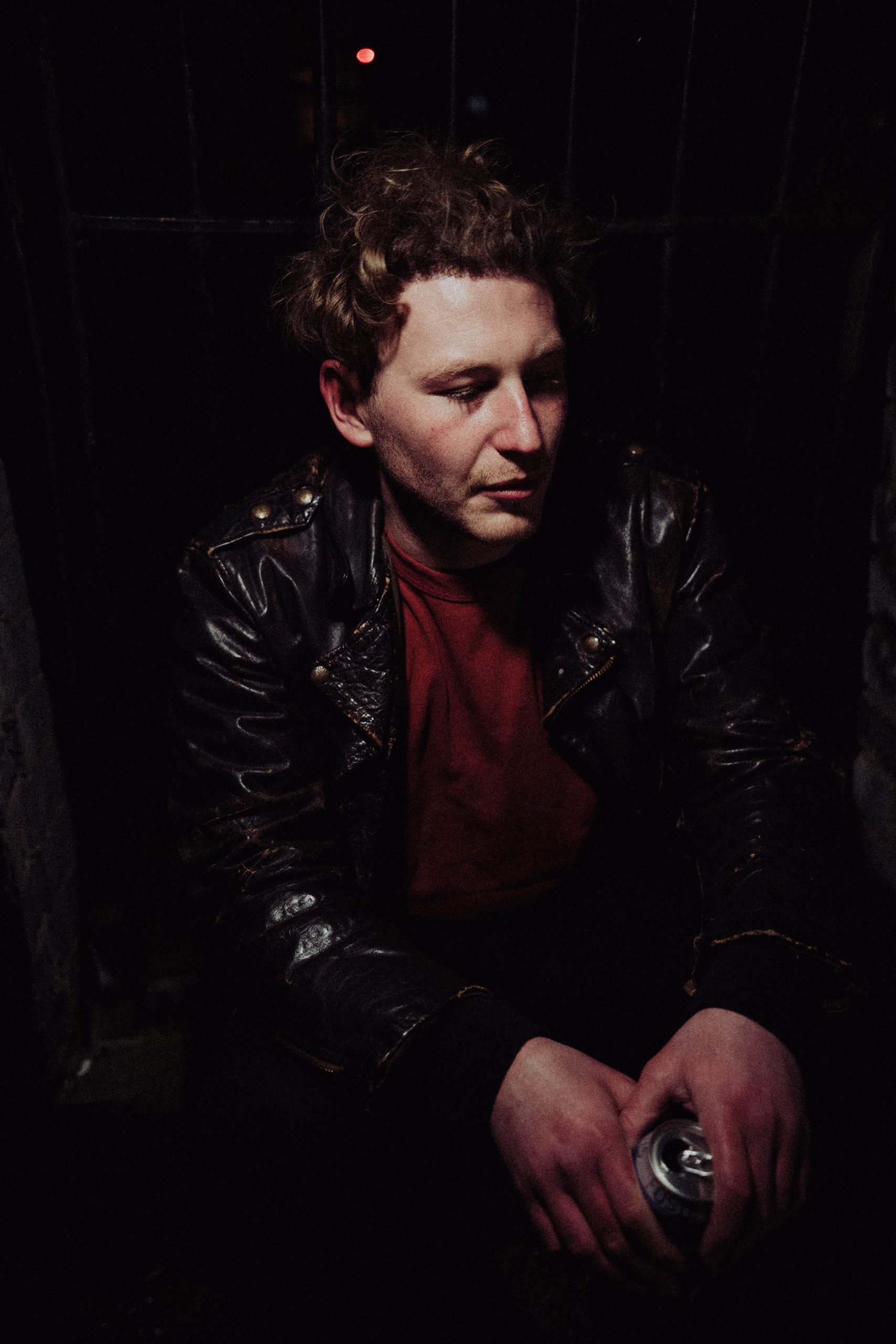
You mention working-class quite a bit. Do you count yourself as working-class?
I come from a blue-collar town in Australia. I’ve found myself very lucky, actually, that apart from during the pandemic, since I was 14, I’ve been playing in pub gigs. And I still do. I don’t come from money or anything. I’ll sometimes play up to 15 hours a week, doing sets – that’s 15 45-minute-or-so sets, which is like a whole tour in one week. And the struggle is real because in the music industry, there’s either no money or more money than you know what to do with.
So I would consider myself a working-class musician, but I’m lucky enough to do it for my full-time job. And I’ve got a flat, I can pay my rent; some months, it’s a bit riskier than others, when there’s not as many gigs going. During the lockdown I was a construction worker and a landscaper – hard landscaping like logging and stuff.
Do you think those real-life experiences help you in some ways as an artist?
I think it creates a sense of urgency. I’ve got some musician friends who come from very affluent backgrounds and there’s not that sense of urgency. But there is absolutely no time to lose. I think it creates a certain scenario where you’ve got to get out there, you’ve got to go busking, you’ve got to do as many gigs a week, rather than having mum pay the rent. Especially at the minute with ‘nepo babies’ coming into the limelight, it makes me feel a bit prouder when I achieve something.
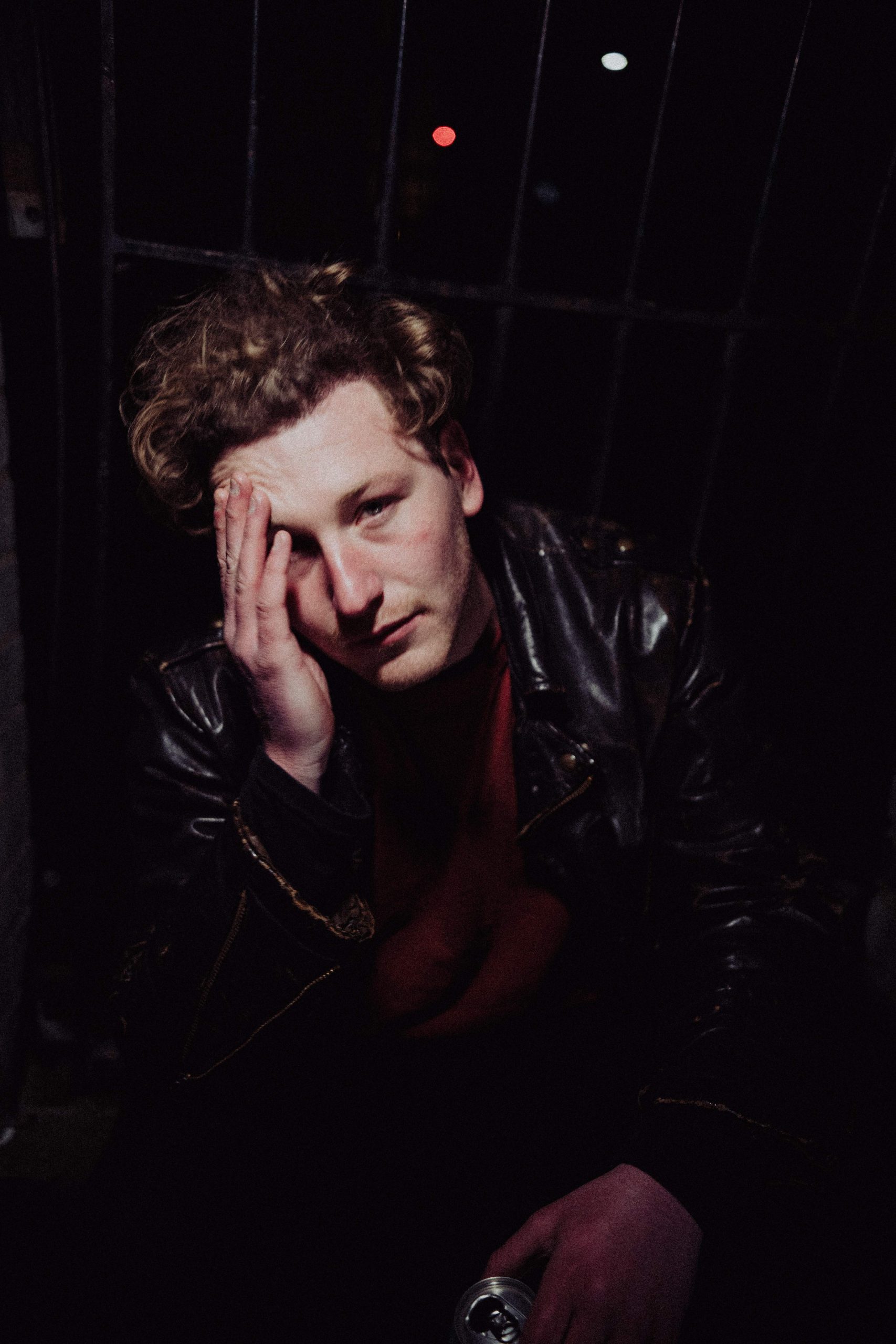
You spent at least five years busking. How was that for you? Did you have periods where you thought of packing it in?
I don’t think I’ve ever wanted to get another job. Playing live and writing songs, there’s just nothing else like it; there’s not a universe I can picture without me doing what I do. It’s been pretty hard. One day I had to catch a bus half-way into London and then walk like three miles with my trolley in the middle of the ‘Beast From The East’ [storm] because I didn’t have enough money to get on the tube. So I had to get a bus because it was cheaper, then busk in the snow, and then I had enough money to get to home. And like being robbed at knifepoint and stuff, these kind of things make you question if you’re on the right path.
You say that as if you’ve been mugged at knifepoint more than once…
Yeah, I’ve been robbed like six or seven times as a busker. And I’ve been jumped and stuff. It can be pretty rough. I think there’s been times where I’ve thought whether this career isn’t worth all the hard work, but at the end of the day, just connecting with people and playing live is the best thing in the world. They’re digging what you’re doing, it’s like this unspoken conversation of energy, and I just can’t not do that.
If this new song is an overnight success, and everyone says, ‘Oh, he’s come out of nowhere, he hasn’t earned his stripes,’ I’ll tell them they haven’t been writing out their demos on the back of plastic CD slips they’ve printed from their computer in Trafalgar Square in minus seven degrees. So I’ll have that to say. I don’t think there’s any shame in busking, even if anyone can do it and buskers get a bad rap.
Let’s come on to a more upbeat side of your output, even with all that in mind. Your recent track ‘Je T’adore’ is a lot groovier. What’s that about?
That one’s more of an internal look at solipsism as a musician. I think every live performer has a sense they’re the centre of the universe when they get on stage, but in fact musicians can only go up and be these crazy entertainers because of the audience. So it’s kind of a tip of the hat to the audiences.
Have you experienced those moments of God complex, as it were, as a performer?
My team around me never let me get ahead of myself, they always keep me grounded. But [‘Je T’adore’] was just more of an internal look at the idea of it. I don’t like to think of myself as a Matty Healy-type bloke but it was just the look at that: the rush, the confidence and how none of that’s really real.
It’s interesting you mention Matty Healy. All your influences seem to be quite varied – from The 1975 to David Bowie to Post Malone. Is there anyone right now that you’re particularly inspired by?
I like to listen to more indie bands. I am a big fan of The 1975, by the way, I think Matty Healy gets a bad rap. I’m a big fan of Yard Act at the moment too; they’re a bit of a reference – this area of punk-slash-indie that I really like.
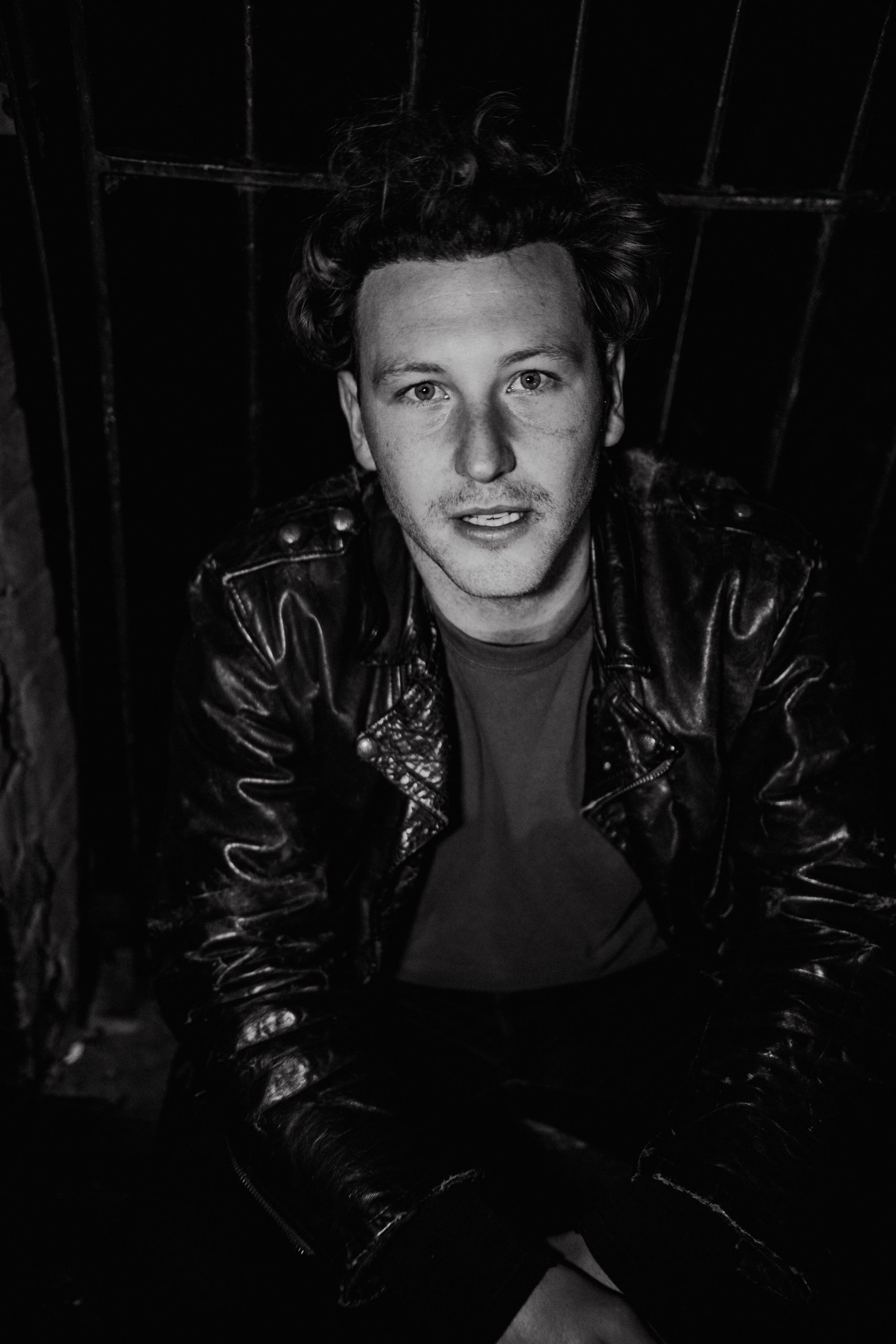
You’ve described your own music as being “for anyone who loves to move”. What do you mean by that?
We recorded an album’s-worth of songs, and they all had to follow what we call ‘the restaurant test’. That’s when you’re in a noisy restaurant and you’ve got ambient music playing, and it’s quiet enough not to know what song it is, but you’ll notice when a banger comes on because everyone starts nodding their head. Even though they don’t know what song it is, if it’s got a good beat, they’ll start nodding their head. So every tune had to pass that, which was just about if the groove gets you.
On that “album’s-worth” of music, when’s that album coming?
There’s definitely an album’s worth of music done, written and recorded. Whether we do two EPs or one album, there’s definitely an album there. And it’s fucking great, in my opinion. Everyone else can decide that, but I think it’s banging.
Why is it fucking great? Aside from passing ‘the restaurant test’…
I think it’s some of my best work. It’s a step forward for me. [2021’s] Not Yet, was a great EP. I loved it and it was my first EP. But with this one, as you get older, you learn more, you’re a bit wiser, the writing changes. I think it’s really meaningful work. I think every single song should capture you – if it doesn’t make you dance, it should make you want to cry. I like taking idea of writing earnest music that really says something, and I think that’s what we’ve done.
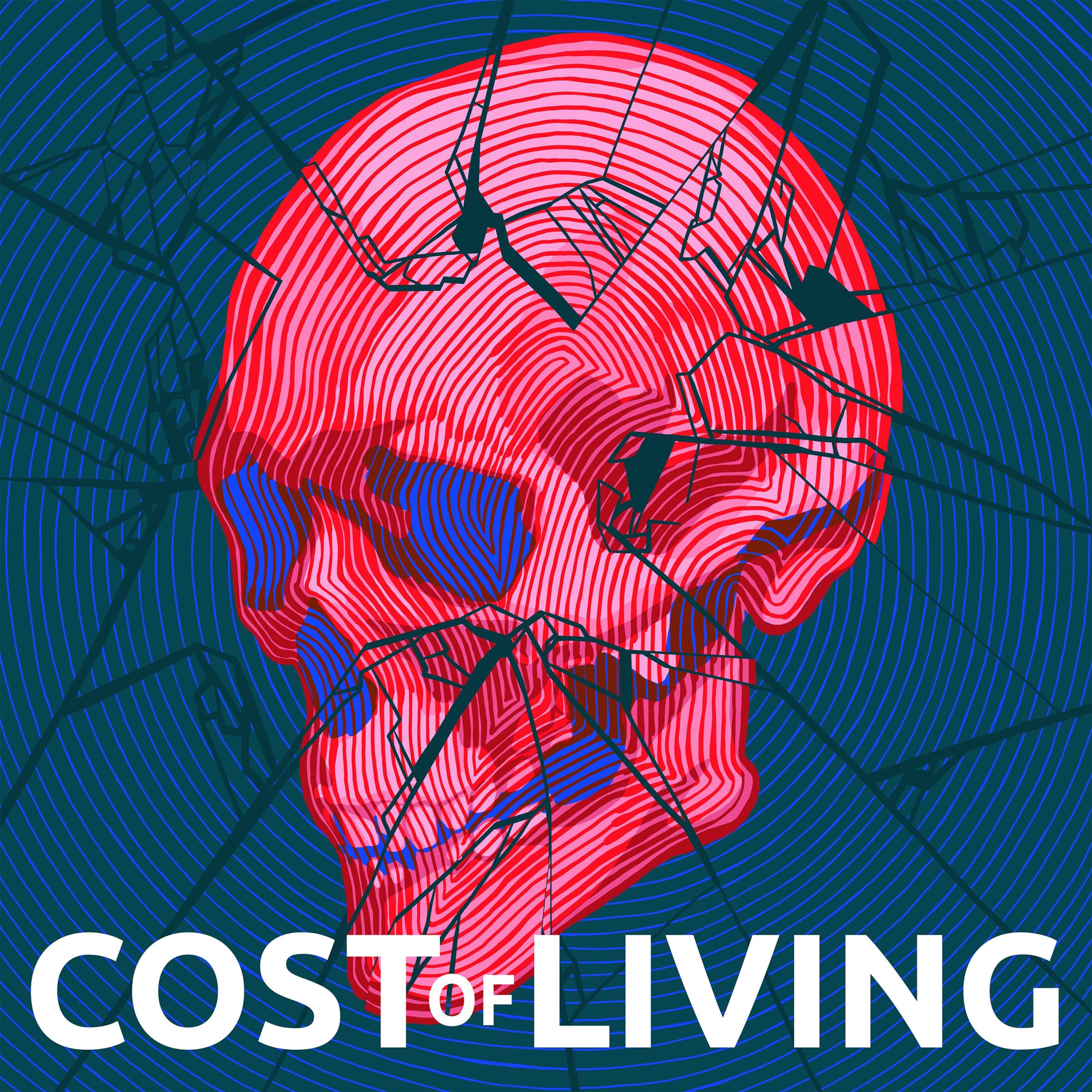
And how ambitious are you as an artist?
Ah, Wembley, mate… No, I definitely want to just tour and tour and tour. My dream life is being on the road, playing new shows in different cities. I’m lucky to have a manager that’s as ambitious as me, rather than playing it safe and going for a 250-cap room, we played Omeara which was 350. And we’re about to announce some shows soon.
That was going to be my next question: where can people see you next?
It’s hush-hush for now, but it’s going to be massive – at least for us. And it’s going to be stressful, but once we’ve got the date locked-in, we can announce.
So there’s going to be this big, amazing, massive surprise but you can’t announce it…
Exactly, because I don’t want to jinx it. But it’ll be the biggest venue we’ve ever done. We haven’t played London for over a year now. I feel like we haven’t shown the fans in London enough love recently because we’ve been so focused on making this album amazing, so the live shows took a bit of a backburner.
But the album’s sorted, apparently – and it’s fucking great.
I like it, you’ve got to be proud of what you do. And the album’s done now so the next thing is just putting on a great show.

